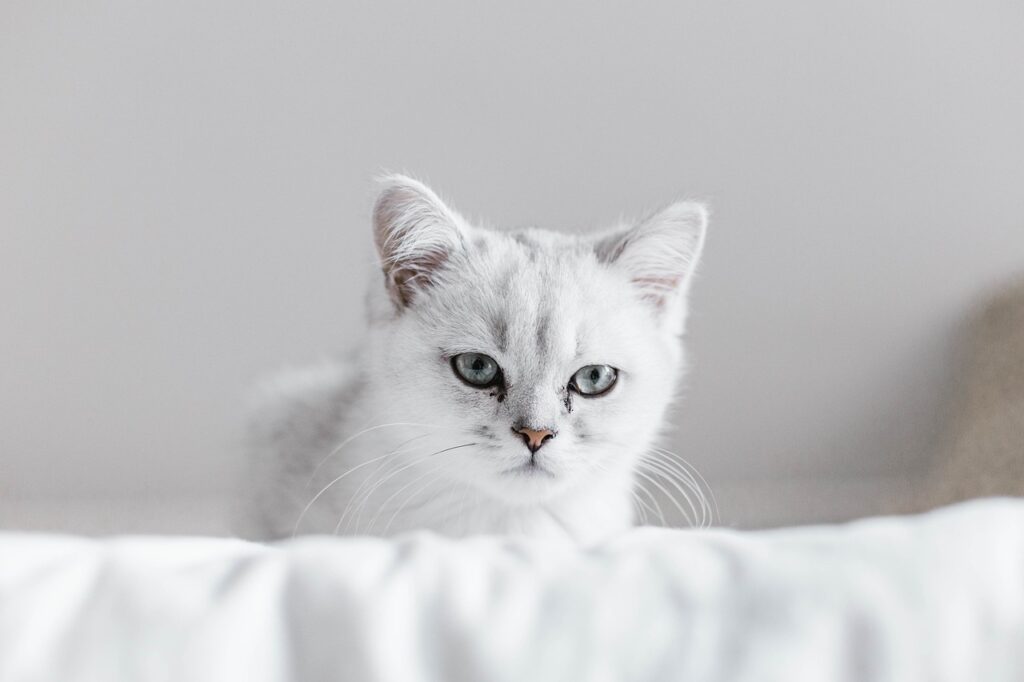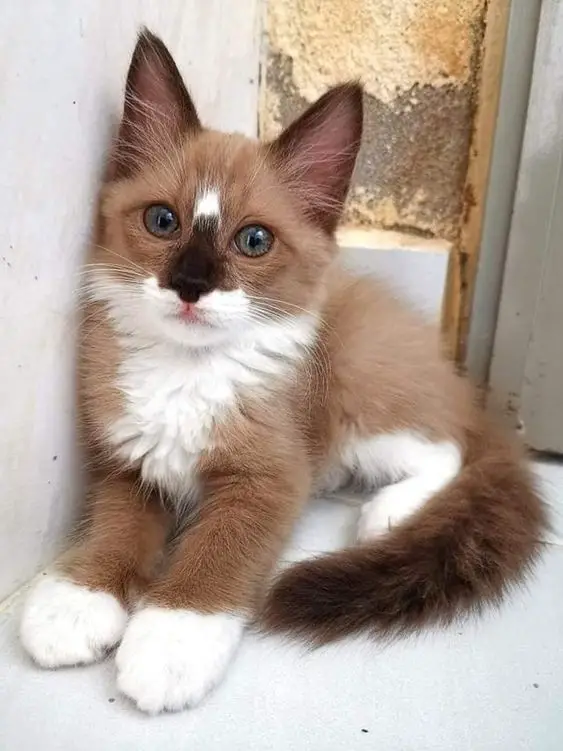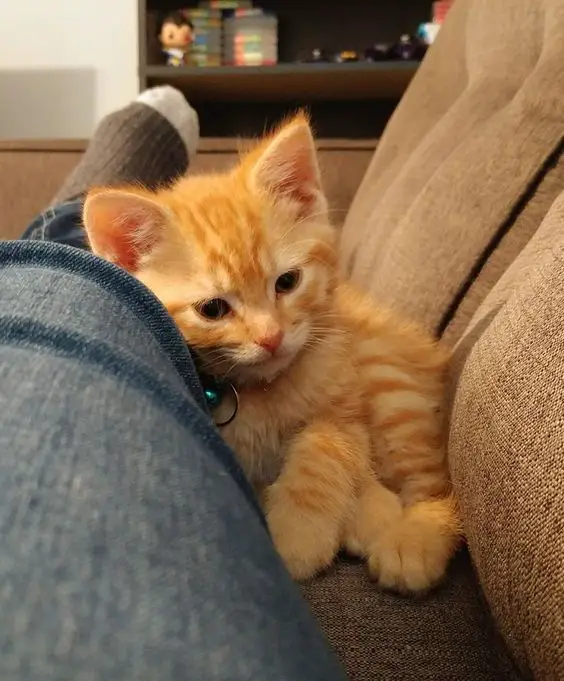In this article, we will discuss the reasons why your cat may be leaving wet spots around the house. From possible medical issues to behavioral problems, we will explore the various explanations for this common feline behavior.
Why is my cat urinating outside the litter box?
One common reason for cats to leave wet spots in different areas of the house is because they are urinating outside of their litter box. This behavior can be due to medical issues such as urinary tract infections, bladder stones, or kidney disease. In some cases, it may also be a sign of stress or anxiety in the cat.

If your cat is urinating outside the litter box, it is important to take them to the vet to rule out any underlying health problems. Once medical issues have been addressed, it is essential to make sure the litter box is clean and in a quiet, accessible location for the cat.
What could be causing my cat to spray urine?
Another common reason for wet spots around the house is because the cat is spraying urine. This behavior is more common in intact male cats, but female cats and neutered males can also exhibit spraying behavior. Cats spray urine to mark their territory and communicate with other cats.
To prevent spraying behavior, it is essential to spay or neuter your cat. Providing plenty of vertical territory and a calm environment can also help reduce spraying. If the behavior continues, consult with your vet or a feline behaviorist for further advice.
Is my cat experiencing a medical issue?
If your cat is leaving wet spots around the house, it is crucial to consider if there may be an underlying medical issue causing this behavior. In addition to urinary problems, issues such as diabetes, hyperthyroidism, or arthritis can also lead to accidents outside the litter box.

If you notice any changes in your cat’s urination habits or behavior, it is essential to schedule a visit to the vet for a thorough examination. Bloodwork, urine testing, and other diagnostic procedures can help determine if there is a medical issue contributing to your cat’s wet spots.
Could stress or anxiety be causing my cat to leave wet spots?
Cats are sensitive animals that can be easily stressed or anxious in certain situations. Changes in the household, such as new pets, visitors, or moving to a new home, can trigger stress and lead to urination outside the litter box. Cats may also exhibit other signs of stress, such as excessive grooming or hiding.

To help reduce stress and anxiety in your cat, provide them with a safe, quiet space where they can retreat when feeling overwhelmed. Environmental enrichment, such as toys, scratching posts, and hiding spots, can also help alleviate stress. Consider consulting with a vet or a feline behaviorist for further advice on managing your cat’s anxiety.
How can I prevent my cat from leaving wet spots around the house?
To prevent your cat from leaving wet spots around the house, it is essential to address any underlying medical issues and behavioral problems. Keep the litter box clean and in a quiet, accessible location for your cat to encourage proper elimination. Provide plenty of vertical territory and environmental enrichment to keep your cat mentally stimulated and reduce stress.
If the behavior persists, consult with your vet or a feline behaviorist for further advice on managing your cat’s urination habits. Remember to be patient and understanding with your cat as you work through potential solutions to prevent wet spots in your home.
Conclusion
There are several reasons why your cat may be leaving wet spots around the house, from medical issues to behavioral problems. By addressing the root cause of the behavior and providing a clean, stress-free environment for your cat, you can help prevent accidents and promote proper elimination habits. Remember to consult with your vet for guidance on managing your cat’s urination habits and maintaining their overall health and well-being.
FAQs
Q: Why does my cat urinate outside the litter box?
A: Cats may urinate outside the litter box due to medical issues, stress, or behavioral problems. It is essential to address the underlying cause of the behavior and provide a suitable environment for your cat to encourage proper elimination.
Q: How can I stop my cat from spraying urine?
A: Spaying or neutering your cat can help prevent spraying behavior. Providing a calm, enriched environment and consulting with a vet or feline behaviorist can also aid in reducing spraying habits.
Q: What should I do if my cat is exhibiting signs of stress or anxiety?
A: If your cat is showing signs of stress or anxiety, provide them with a safe, quiet space to retreat. Environmental enrichment and consulting with a vet or feline behaviorist can help address underlying causes of stress and anxiety.
Q: How can I help my cat adjust to changes in the household?
A: Introduce new changes gradually and provide your cat with familiar comforts, such as their bed and toys. Keeping routines consistent and providing plenty of mental and physical stimulation can help your cat adjust to changes in the household.
Q: When should I consult with a vet about my cat’s urination habits?
A: If you notice any changes in your cat’s urination habits, such as increased frequency, straining, or blood in the urine, it is crucial to consult with a vet promptly. Early intervention can help prevent further health issues and address any underlying problems contributing to your cat’s urination behavior.






